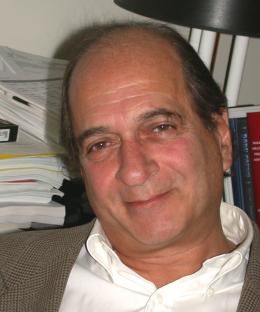
Jeffrey A. Fagan
- Isidor and Seville Sulzbacher Professor of Law
Ph.D., State University of New York at Buffalo, 1975
M.S., State University of New York at Buffalo, 1971
B.E., New York University, 1968
Race and Criminal Procedure
Policing and Police Reform
Firearm Violence and Regulation
Drug Law and Policy
Capital Punishment
